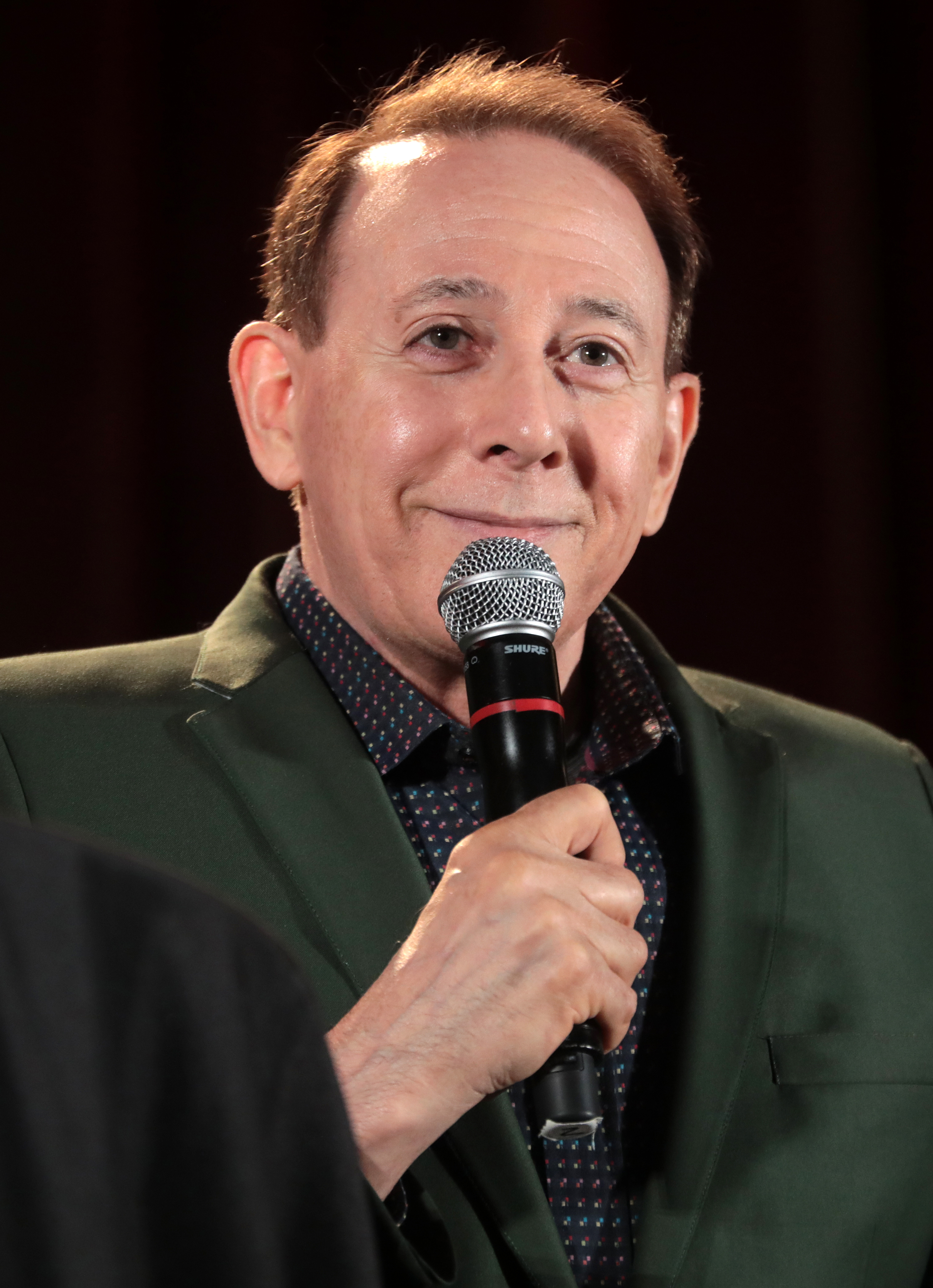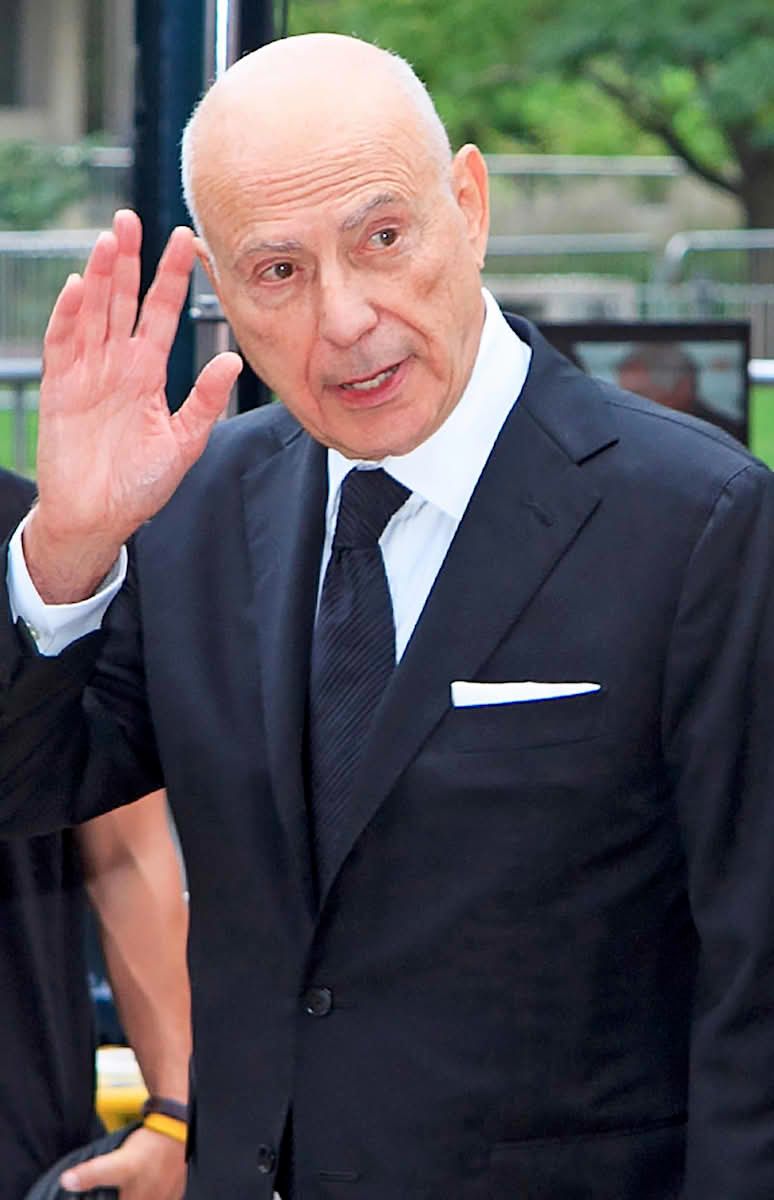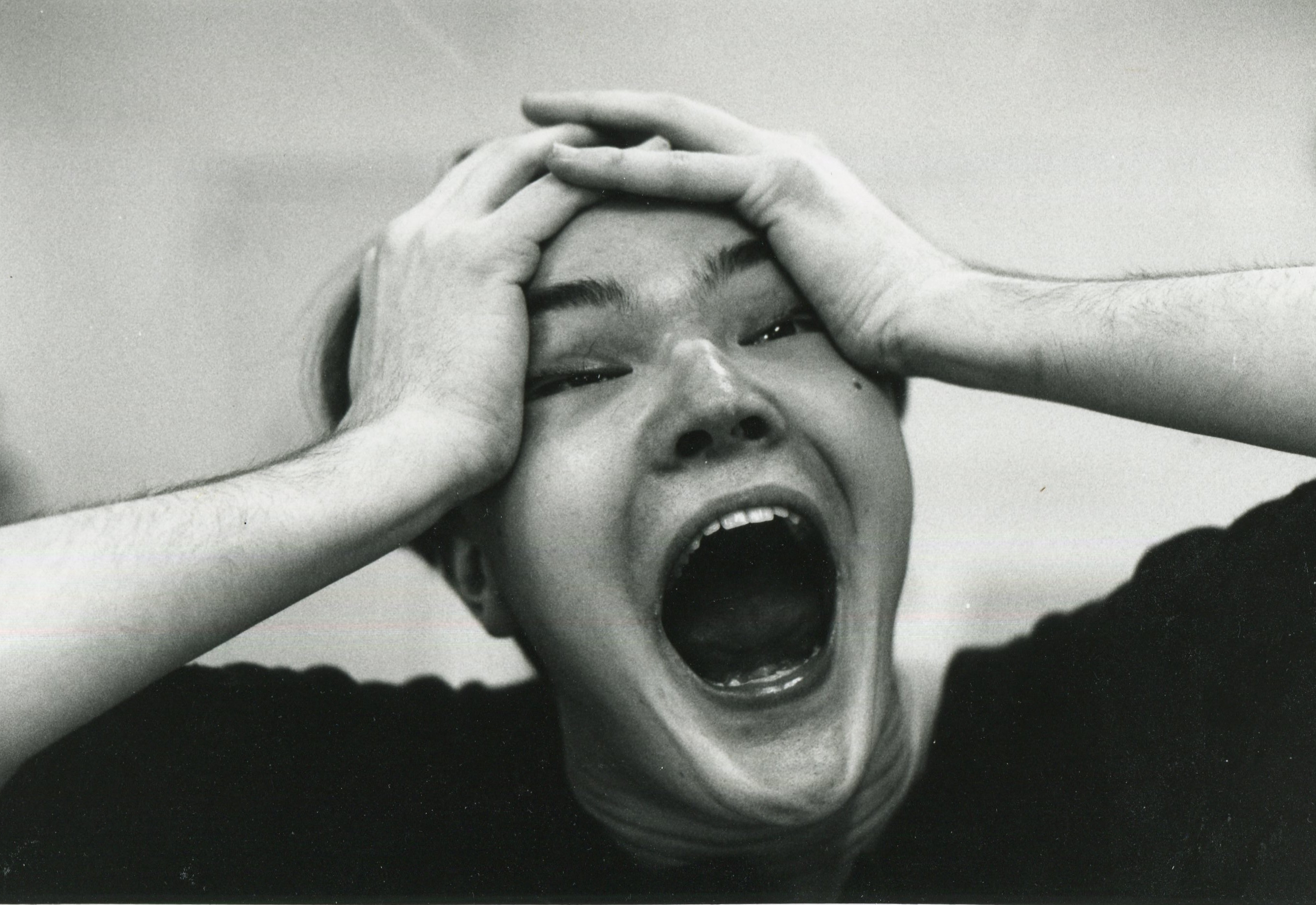
You might think vocal training is all about hitting high notes, singing powerfully, or finding your “natural” voice. But what if none of those things were actually true? In the bustling, ever-evolving world of music, it’s easy to get caught up in prevalent myths that can hold aspiring singers—and even seasoned pros—back from their true vocal potential. Today, we’re going to pull back the curtain on some of the biggest misconceptions surrounding vocal training and range, showing you why even the most legendary voices on the planet didn’t just ‘wake up like this.’
From pop royalty to rock gods, the truth is, behind every awe-inspiring performance and every chart-topping hit, there’s often a story of diligent practice, dedicated coaching, and a clear understanding that singing is a skill, not just a gift. We’re talking about unlocking your true potential, hitting high (and low!) notes effortlessly, and singing in public with confidence—without relying on natural talent or years of training. Get ready to have your singing world turned upside down as we bust some serious vocal training myths and reveal the disciplined journeys of some of music’s most beloved icons!
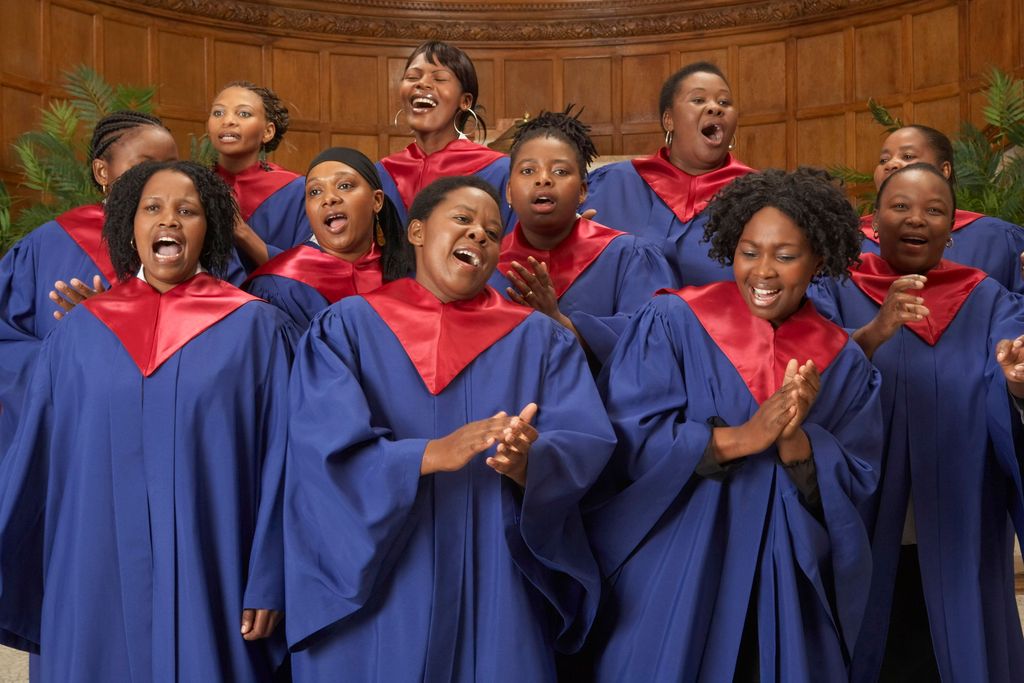
1. **Myth: Singing is all about talent. **One of the most common misconceptions singers fall into is the belief that talent is required to become a great singer. Have you ever found yourself saying, “I’ve always wanted to sing, but I just don’t have the talent”? This is a common inner monologue that countless aspiring singers have subscribed to, and it can easily stop them in their singing journey before it even begins. This common belief assumes that singing ability is an innate trait—either you’re born with it or you don’t—with little room for growth or development.
However, the truth is far more empowering: singing is a skill, just like swimming or riding a bike. It’s not an exclusive club for the “talented few.” The context explicitly states, “singing is a skill, just like swimming or riding a bike. You can absolutely train it with the right practice and the right step-by-step roadmap.” This means that with consistent effort and the correct guidance, anyone can develop their vocal abilities. It’s about building and strengthening your vocal muscles regularly, much like an athlete trains their body for peak performance.
Consider the inspiring fact that there are even people without vocal cords who sing in a choir. This remarkable example underscores that the essence of singing isn’t solely about physical predisposition or an elusive “talent,” but rather about commitment, technique, and leveraging what you have. So, if you’ve been putting off your singing dreams because you think you lack talent, it’s time to let go of that limiting belief. Your voice is a muscle, and with consistent development, you can achieve remarkable results, proving that dedication often triumphs over perceived natural inclination.
Read more about: Hollywood’s Hidden North: Unmasking the Canadian Stars You Thought Were American
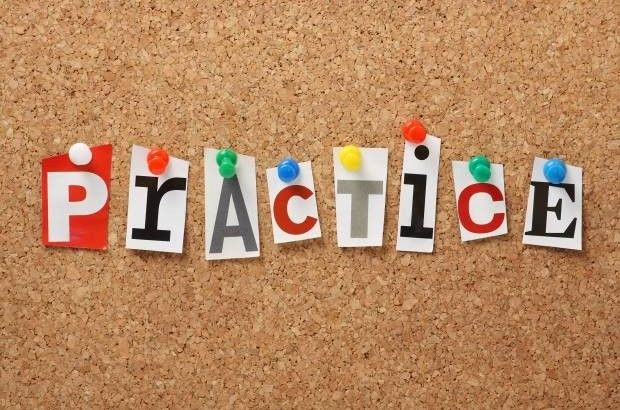
2. **Myth: Confidence Derived from Perfect Technique. **Another common misconception many singers hold is that singing confidence will only blossom when they have complete mastery over their voice. This often translates into an internal monologue: “Once I have complete mastery over my voice, I’ll feel confident.” It’s tempting to yearn for the high cost-effectiveness of mastering all vocal instruments before truly developing confidence in one’s abilities. This mindset can lead to endless frustration, as the pursuit of “perfect” technique can be an elusive, ever-shifting goal.
But here’s the game-changing truth: confidence and technique are not sequential milestones; they grow together, hand-in-hand. The context draws a brilliant analogy, explaining, “Just like learning to swim, you gain confidence as you practice. You don’t wait until you’re perfect to feel safe in the water—you build trust in yourself little by little.” This powerful comparison highlights that mastery isn’t a prerequisite for self-assurance, but rather a parallel journey where small victories build both skill and belief in oneself.
By embracing this interconnected growth, you can start building your confidence right now, even as you diligently train your technical skills. It’s about allowing yourself to be present in the learning process, celebrating progress, and trusting that each practice session contributes to both your vocal prowess and your self-belief. This “magic combination” is precisely what “unlocks real vocal freedom,” enabling you to enjoy singing, experiment, and express yourself without the crippling pressure of needing to be flawless first.
Read more about: Beyond 100,000 Miles: A Consumer Reports Guide to Smart Used Car Purchases

3. **Myth: You Must Sound Exactly Like the Original Artist**Especially when diving into cover songs, a pervasive belief holds many singers captive: the idea that you must perfectly replicate every note and nuance of the original artist’s performance. “I get it — I did that too with Adele songs!” the context admits, acknowledging this common struggle. It’s a natural inclination to want to do justice to a beloved track, and for many, that means mirroring the original sound down to the smallest detail. This approach, however, often stifles a singer’s unique artistic expression.
Your voice is an instrument unlike any other, possessing its own distinct qualities, timbre, and emotional resonance. Trying to be a carbon copy of another artist not only detracts from your individuality but also becomes an exercise in frustration rather than artistic fulfillment. The context wisely advises, “But your voice is unique, and it deserves its own path.” It’s not about copying their technique to get their sound; it’s about understanding the desired outcome and then “finding the technique that works for your voice to get there.”
This philosophy encourages building up your “vocal backpack” with a diverse array of tools and techniques. The more vocal options you collect, the greater your flexibility to create a sound that genuinely feels right for you, rather than a forced imitation. Embracing your unique sound and focusing on *how* to achieve your desired outcome with *your* voice is the key to unlocking true vocal freedom and establishing an authentic artistic identity that resonates with audiences.

4. **Celine Dion: The Power of Persistent Practice for a Five-Octave Range**When you think of vocal power, precision, and an astonishing range, Celine Dion immediately springs to mind. Undisputedly, she is “one of the best female performers of all time!” Her voice, renowned globally, “spans 5 octaves and she is often praised for her exceptional voice modulation ability.” What truly sets her apart is her incredible control, capable of transitioning “from a whisper to a high note and maintain a pitch without wavering.” This mastery isn’t a mere happenstance; it’s the direct result of relentless dedication to vocal training.
Celine Dion’s commitment to her craft is legendary. She reportedly does “her warm-up exercises religiously before performances, even though she confessed to Larry King that it really is quite boring.” This insight is crucial: even a performer of her caliber, possessing what many would deem an ‘unnatural’ gift, understands the fundamental importance of consistent, perhaps even mundane, vocal preparation. Her disciplined approach ensures that her vocal cords, much like an athlete’s muscles, are always primed for the immense demands of her performances, safeguarding her voice against strain and injury.
Her vocal ability and skills have been compared to other greats like Mariah Carey and Whitney Houston, cementing her status as a vocal titan. The multitude of accolades she has received, from American Music Awards to Grammy Awards, are not just acknowledgements of her star power, but tangible evidence of her exceptional singing ability, honed and maintained through unwavering vocal practice. Celine Dion epitomizes the idea that even the most powerful voices require continuous training to stay in peak condition and deliver consistently breathtaking performances.
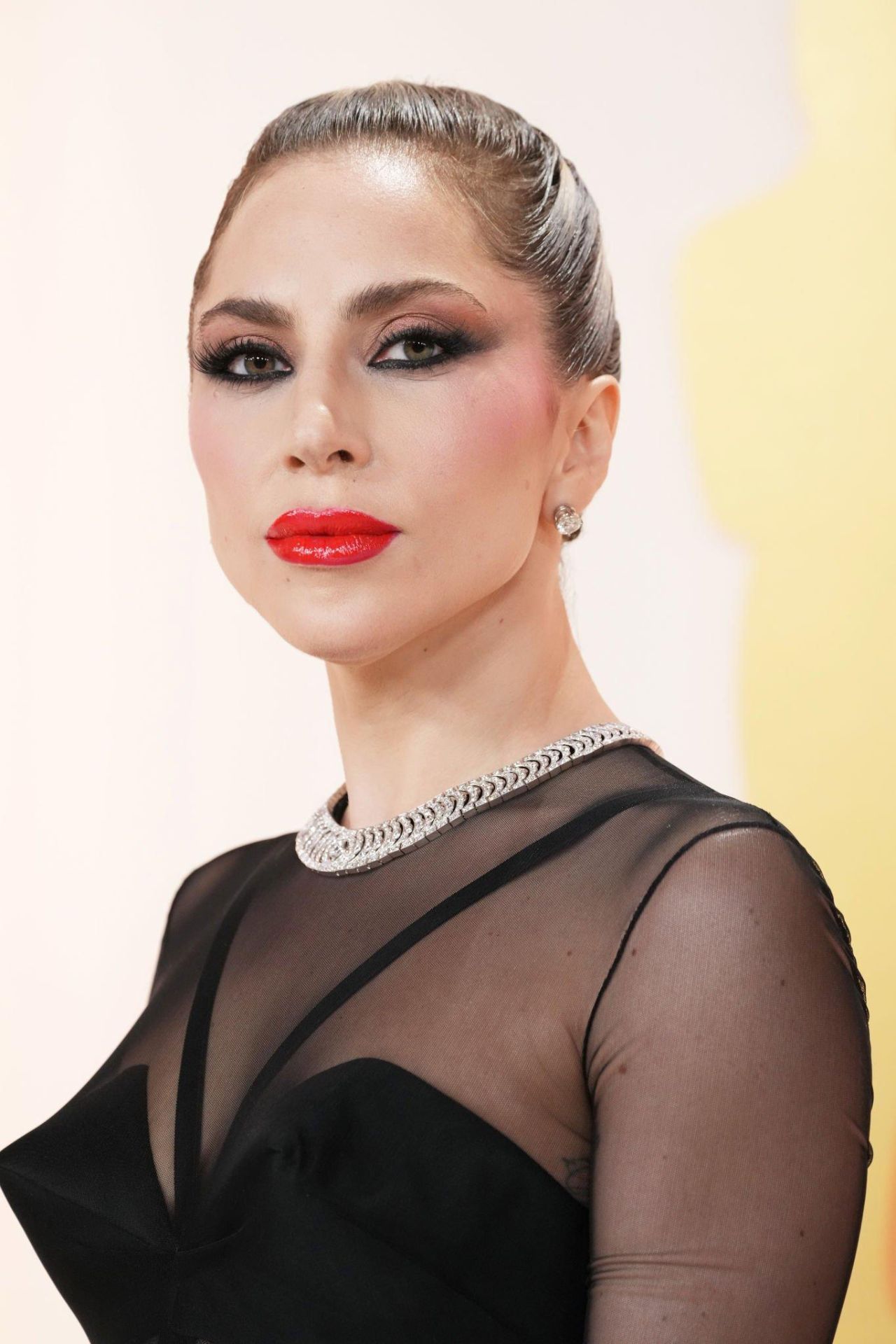
5. **Lady Gaga: Orchestrating Versatility Through Intensive Coaching**Known for her eccentric outfits and outrageous performances, Lady Gaga, originally Stefani Joanne Angelina Germanotta, is much more than just a pop provocateur; she is a vocalist of extraordinary versatility and skill. Her stage name, inspired by Queen’s “Radio Ga Ga,” hints at her deep musical roots, having played the piano since the tender age of 4. While she eventually attended a Catholic school instead of the Juilliard School in New York City where she was accepted, her commitment to formal vocal training is undeniable and a testament to her vocal prowess.
A standout moment demonstrating her dedication came ahead of her “Sound of Music” 50th tribute performance at the 2015 Oscars. For this critically acclaimed piece, Lady Gaga “worked with a vocal coach every day for a period of 6 months.” This intensive preparation underscores a crucial point: even a superstar with her innate talent and experience invests significant time and effort into honing her voice for specific, high-stakes performances. It’s about refinement, endurance, and ensuring every note is delivered with precision and emotional depth.
Following her phenomenal performance, which garnered raving reviews from fans and critics alike, she told the media that she had “really put her heart into this phenomenal performance.” Her classical training, as mentioned in another part of the context, gave her “the foundation to tackle everything from pop to jazz to opera.” Lady Gaga’s array of awards, including Billboard Music Awards, MTV awards, and Grammys, are a clear reflection of a talent that is not only natural but meticulously nurtured through consistent and rigorous vocal coaching.
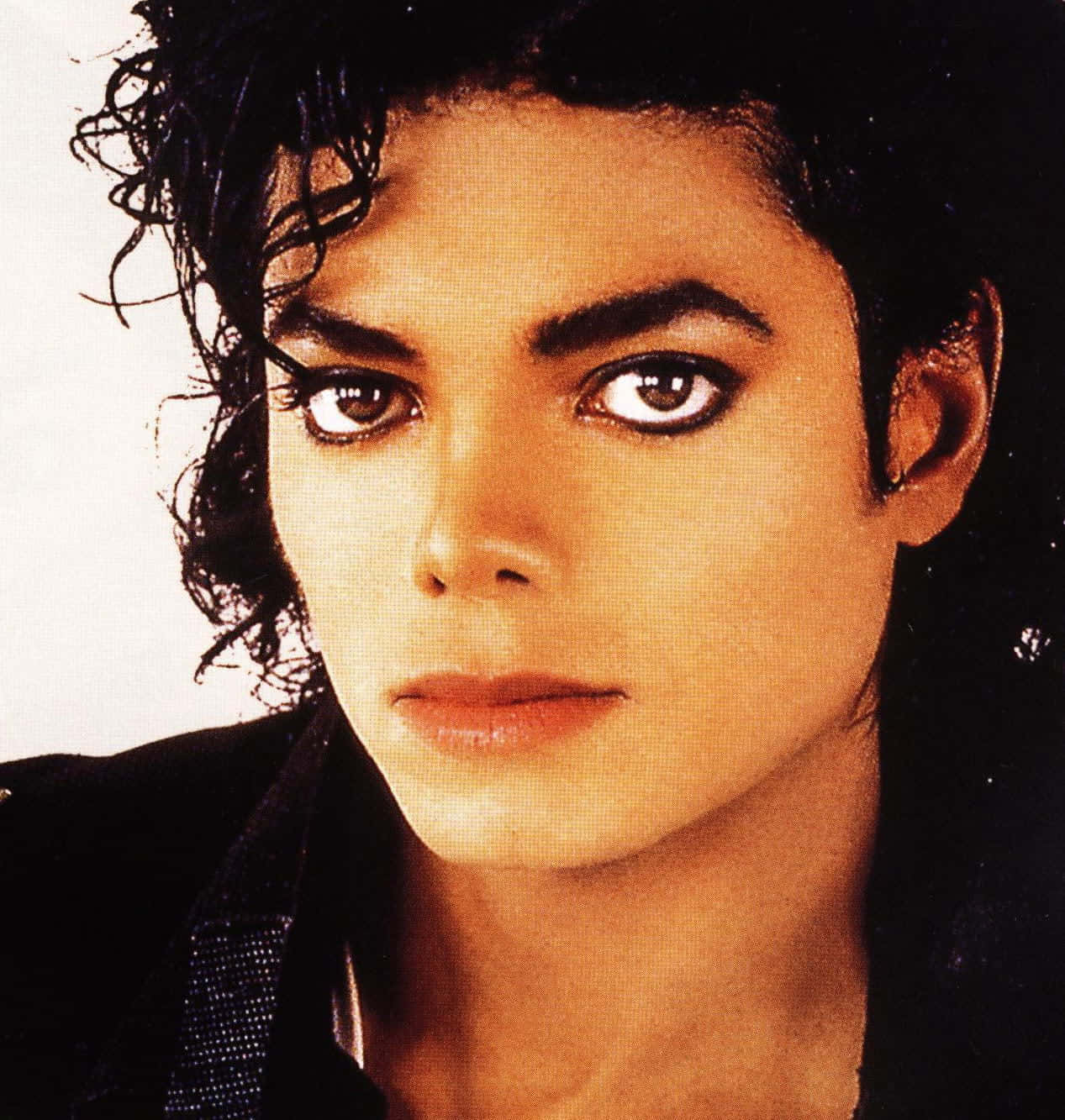
6. **Michael Jackson: The King of Pop’s Unwavering Dedication to Vocal Mastery**Michael Joseph Jackson, the undisputed King of Pop, left an indelible mark on music history with his groundbreaking performances, iconic dance moves, and, of course, his distinctive voice. While many might attribute his vocal genius solely to natural talent, the reality is that Michael Jackson was a tireless student of his craft, meticulously honing his voice through dedicated vocal training. His journey, from being part of the Jackson 5 to achieving unparalleled solo success, was underpinned by a profound commitment to vocal excellence.
Michael Jackson famously worked with legendary voice coach, Seth Riggs. Riggs himself was deeply impressed, recalling that when on tour, Michael trained with him “three times a day ahead of his shows.” This level of rigorous, almost superhuman dedication speaks volumes about the importance Michael placed on his vocal instrument. It wasn’t just about singing; it was about maintaining the stamina required to couple his powerful vocals with his electrifying dance moves on stage, night after night. Such a demanding schedule necessitates consistent vocal conditioning to prevent strain and ensure peak performance.
The impact of his training is evident in his enduring legacy. The King of Pop’s induction into the Rock and Roll Hall of Fame, both as a solo performer and with the Jackson 5, and his historic achievement in 1984 of becoming the first artist to receive 8 Grammys in one evening, are testaments to a career built on meticulous artistry. Michael Jackson’s journey serves as a powerful reminder that even the most naturally gifted performers understand that continuous, disciplined vocal training is the bedrock of sustained success and iconic performance.
Alright, music lovers, if you thought the vocal journeys of Celine, Gaga, and Michael were awe-inspiring, get ready because we’re just scratching the surface! The truth is, dedication to vocal mastery isn’t just for a few legends; it’s a cornerstone for sustaining an extraordinary career in a hyper-competitive industry. Even with all the tech wizardry available today, the human voice remains the ultimate instrument, demanding constant care, development, and, yes, training!
This section continues our deep dive, exploring how other famous artists have utilized vocal training for everything from range expansion to stylistic mastery. You’ll see that commitment to professional guidance and consistent practice is a common thread that weaves through the careers of those who truly stand the test of time. It’s about unlocking your full potential, owning your sound, and delivering performances that resonate deeply, proving that legends are made, not just born.
Read more about: The Unparalleled Echo: Michael Jackson’s Enduring Legacy and His Seismic Impact on Music, Culture, and Stardom

7. **Madonna: Unleashing Hidden Vocal Potential** Madonna Louise Ciccone, the undisputed Queen of Pop, has continually reinvented herself throughout her decades-long career. Known for her stunning visuals and infectious dance music, her vocal journey is equally captivating, showcasing the profound growth that comes from dedicated training. Her decision to invest in vocal lessons transformed her musical career and demonstrates that even established stars can find new avenues for vocal development.
A pivotal moment in Madonna’s vocal evolution came during the demanding production of the musical film “Evita.” This challenging role was far more vocally rigorous than her typical pop repertoire, pushing her to sustain vocal performance and emotional depth. It was precisely this need that pushed her to undertake intensive voice lessons, a strategic move that profoundly impacted her singing style and capabilities for years to come.
Through this rigorous training, Madonna made a remarkable discovery about her own instrument. She was famously quoted as saying that whilst working with the singing coach, she “discovered an entire section of her voice that had been previously unused.” Imagine that—the Queen of Pop, already a global icon, found untapped potential within her own voice! This revelation underscores that even seasoned performers can, with the right guidance, unearth astonishing new capabilities within their vocal range.
This expansion wasn’t just for one role; it became an integral part of her artistic toolkit. The training received during “Evita” not only broadened her vocal range but also added new layers of control and expressive power, allowing her to tackle more complex musical arrangements and deepen her emotional delivery. It’s a powerful example of how purposeful training can lead to enduring artistic enrichment and sustained relevance.

8. **Beyoncé: The Unwavering Discipline of a Modern Icon**When you hear the name Beyoncé Giselle Knowles, you instantly think of unparalleled vocal power, mesmerizing stage presence, and a work ethic that’s truly legendary. From her early days in Destiny’s Child to her reign as a solo superstar, Beyoncé’s voice has been a consistent force of nature. But don’t for a second think this queen just “woke up like this.” Her incredible vocal prowess is a direct result of decades of unwavering commitment to vocal training and constant refinement.
Beyoncé’s journey with vocal coaching began remarkably early, setting a precedent for her lifelong dedication. The context reveals that in 1989, she first met David Lee Brewer, who would become her voice coach for an incredible “next 11 years” and even played a pivotal role in forming Destiny’s Child. This long-term, foundational relationship with a vocal coach from such a young age underscores the critical role structured training played in shaping her voice into the powerhouse it is today.
David Brewer himself recalled Beyoncé as “a dream student, inquisitive and always focused on the music rather than money and fame,” highlighting her inherent drive and artistic integrity. This insatiable curiosity and focus on the craft allowed her to absorb and apply the intricate techniques necessary for breath control, vocal agility, and endurance, essential for her demanding performance schedule.
Even after achieving global superstardom, Beyoncé’s dedication to vocal health and development remains undiminished. She is known to “frequently train with a vocal coach indeed after decades in the industry,” a testament to her belief that ongoing professional guidance is paramount. Her pitch control, incredible stamina during live performances, and ability to effortlessly navigate complex vocal arrangements are all hallmarks of this consistent vocal discipline, ensuring the longevity of her unparalleled instrument.

9. **Justin Timberlake: From Mouseketeer to Master Vocalist**Justin Randall Timberlake, a name synonymous with smooth vocals, undeniable charisma, and effortless transitions between pop, R&B, and soul, has built a career few child stars could ever dream of. From his early days as a “mouseketeer” to his reign as a solo music and film icon, Justin’s journey highlights a continuous commitment to vocal development that began long before his superstardom. His innate musicality, combined with dedicated training, sculpted the voice that millions adore.
Justin’s mother fondly recalls him “singing from around the age of two,” a clear indication of his natural inclination towards music. But this raw talent wasn’t left to chance. As he grew, this early passion was actively nurtured through singing in “church choirs, talent shows and also started taking voice lessons.” This blend of natural gift and formal instruction in his formative years provided him with the essential tools and techniques to develop breath control, pitch accuracy, and vocal agility.
His time as part of the massively successful boy band, ‘N Sync, further honed his performance skills and vocal blend, but it was his post-boy band solo career that truly showcased his full vocal potential. Launched with the critically acclaimed album “Justified” in 2002, his solo debut unveiled a vocal maturity and versatility that solidified his place as a leading male vocalist. This evolution was not accidental but a direct result of consistent vocal discipline.
The string of accolades he has garnered, including Grammys, MTV awards, and Billboard Music Awards, are not just for his captivating stage presence, but for his consistently excellent vocal performances. Justin Timberlake’s trajectory exemplifies how early vocal training, combined with relentless dedication, can lead to a sustained and impactful career, constantly evolving and impressing audiences worldwide.
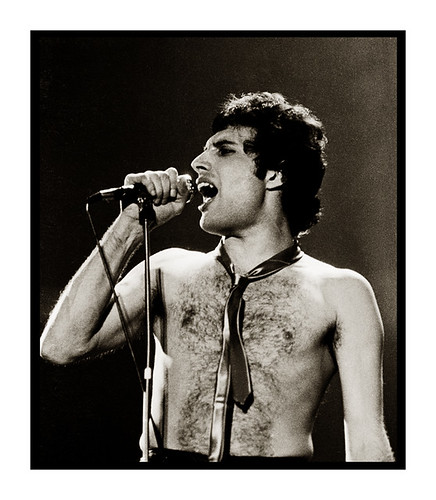
10. **Freddie Mercury: The Operatic Power Behind the Rock Legend**Freddie Mercury, the iconic frontman of Queen, possessed one of the most distinctive, powerful, and utterly unforgettable voices in rock history. His stage presence was legendary, his charisma boundless, but beneath the flamboyant showmanship was a voice of immense technical skill and range, honed through dedicated study. Many assume such raw power is purely innate, but Freddie’s journey profoundly underscores the immense impact of vocal training on even the most legendary rock vocalists.
Contrary to the common myth that rock singers forgo formal training for raw expression, Freddie Mercury actively pursued vocal development throughout his career. The context explicitly states that he “studied piano and voice and worked closely with vocal coaches to develop his impressive four-octave range and dynamic stage presence.” This foundational and ongoing commitment to understanding and mastering his instrument allowed him to effortlessly transition from soaring operatic highs to guttural rock growls, all while maintaining impeccable control and clarity.
This training was crucial for a performer whose vocal demands were extraordinarily high, often encompassing complex melodic lines, rapid shifts in dynamics, and sustained powerful belting. It gave him the tools to manage the immense strain placed on his vocal cords during Queen’s electrifying, high-energy concerts, ensuring both vocal health and consistent, breathtaking performances. His ability to fuse classical influences with hard rock intensity was a direct byproduct of his versatility, nurtured through his vocal studies.
Freddie’s unique vocal texture and his incredible ability to convey a vast spectrum of emotion were not accidental; they were amplified by his profound technical understanding. His training enabled him to push the boundaries of his voice safely and effectively, allowing him to deliver those earth-shattering performances that have become ingrained in music folklore. His enduring legacy serves as a powerful counter-narrative to the idea that authenticity in rock comes without discipline, demonstrating that a well-trained voice can achieve even greater expressiveness and longevity.
And there you have it, folks! From the meticulously crafted harmonies of pop queens to the stadium-shaking power of rock gods, the secret weapon behind these legendary voices isn’t just raw talent—it’s consistent, dedicated vocal training. These icons show us that singing is a journey of continuous learning, refinement, and self-discovery, proving that even the most “natural” voices achieve their legendary status through deliberate effort and expert guidance.
So, whether you’re just starting out, dreaming of your own main stage moment, or simply want to find more freedom and confidence in your voice, remember the lessons from these superstars. Your voice is an incredible instrument, and with the right care and training—just like the pros—it can achieve truly extraordinary things. Now go ahead, unleash your inner superstar and let your voice soar!


